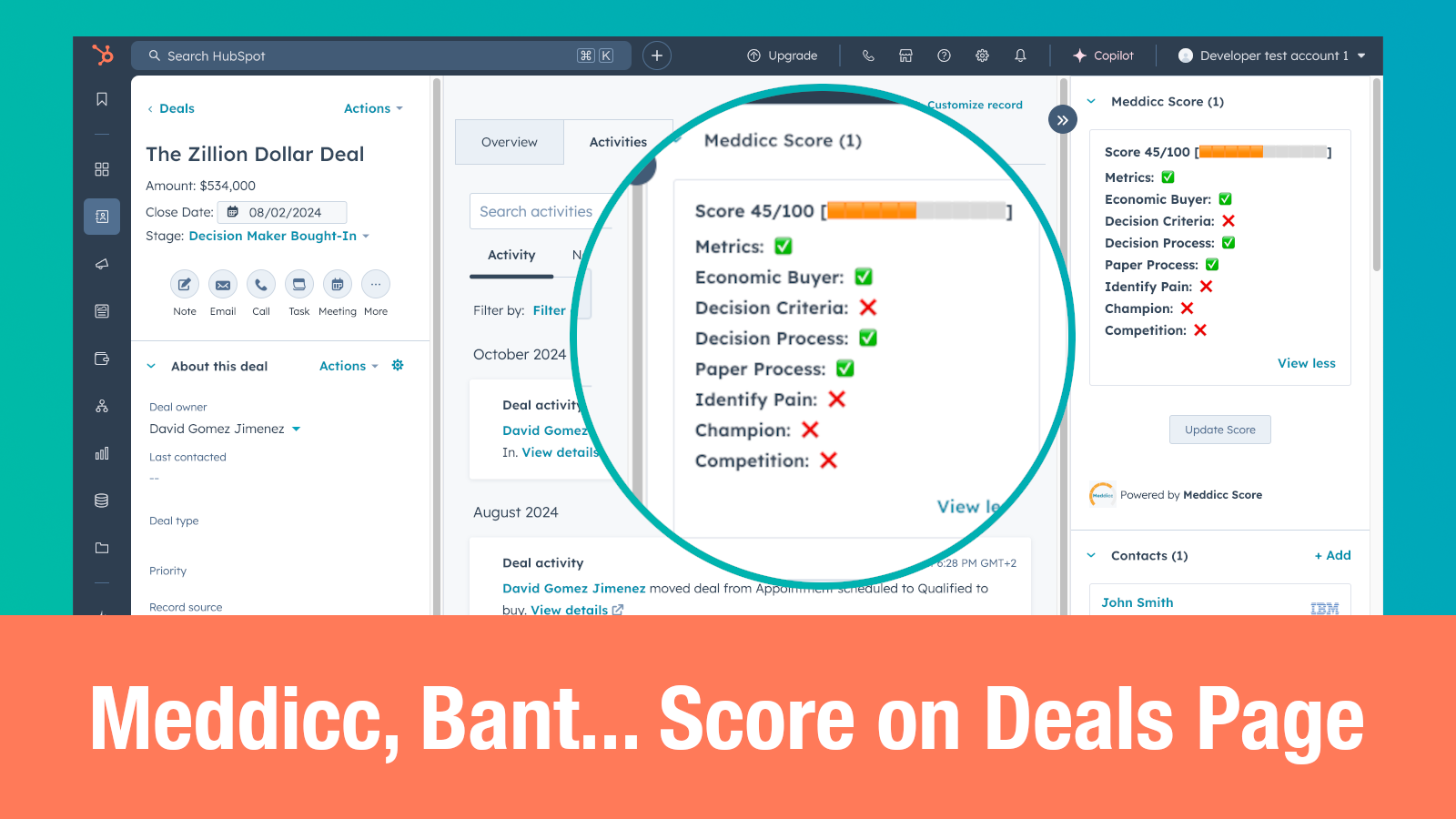The Importance of Data in Sales: How to Use Data to Drive Decisions
In today’s competitive marketplace, understanding the importance of data in sales is crucial for any organization aiming to enhance performance and drive revenue. Leveraging sales data effectively can transform the way businesses operate and enable them to make informed, data-driven decisions that lead to success.
Why Sales Data Matters
Sales data encompasses all the information gathered from various interactions along the sales funnel. This includes customer demographics, purchasing behavior, and sales performance metrics. Here are some reasons why sales data is essential:
-
Insights into Customer Behavior
Analyzing sales data helps businesses understand what influences their customers’ buying decisions, facilitating targeted marketing efforts. -
Performance Measurement
Sales data enables organizations to track the performance of sales teams, products, or services, identifying which areas excel and which require improvement. -
Forecasting and Planning
Effective use of historical sales data can aid in projections for future sales, allowing organizations to set realistic targets and allocate resources efficiently. -
Competitive Advantage
Businesses that use data strategically can identify trends and patterns that their competitors may overlook, positioning them ahead in the market.
How to Use Data in Sales
To harness the power of data and effectively use it in sales, here are some actionable steps:
1. Collect Relevant Sales Data
Start by determining what types of data are most relevant to your sales processes. This could involve:
- Customer demographic information (age, location, etc.)
- Purchase history
- Sales cycle time
- Lead conversion rates
2. Analyze the Data
Utilize analytical tools to derive insights from the collected data. Consider these approaches:
- Descriptive Analytics: Understand past performance to identify trends.
- Predictive Analytics: Leverage historical data to forecast future sales performance.
3. Implement Data-Driven Decisions
Transform insights into actionable strategies. For instance:
- Tailor marketing campaigns based on purchasing trends.
- Adjust your sales tactics by focusing on high-performing products.
- Set new sales strategies guided by data-driven insights.
4. Monitor and Refine
The use of sales data is an ongoing process. Continually monitor your data to refine your strategies effectively:
- Review sales performance regularly.
- Adapt to shifts in customer behavior and market trends.
- Leverage A/B testing to evaluate the effectiveness of different sales approaches.
Conclusion
The role of data in sales cannot be overstated. Adopting strategies that prioritize using data in sales not only enhances decision-making but also leads to improved performance and customer satisfaction. By making data-driven decisions, businesses can ensure they are not only surviving but thriving in today’s dynamic market environment. Embrace the value of sales data and prepare to witness transformative outcomes in your sales processes.




